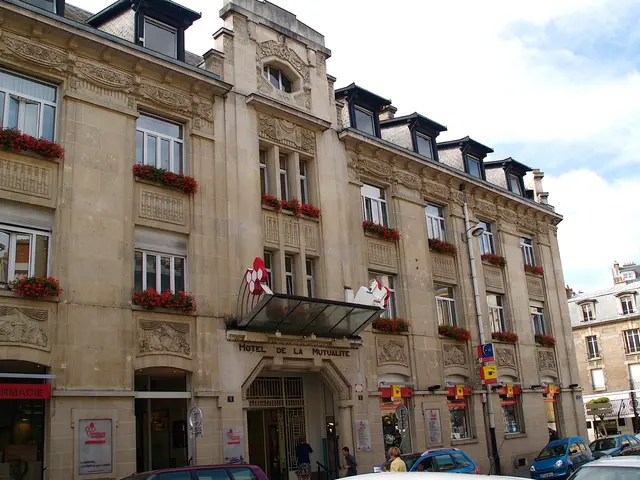Volkswagen's Top Boss Eyes Ten Billion in Cost Savings by 2024
Volkswagen, Europe's largest car manufacturer, is gunning for substantial financial gains from its cost-saving initiatives as early as 2024. In a candid interview with the "Frankfurter Allgemeine Zeitung," Group CEO Oliver Blume revealed plans to generate more than 10 billion euros through performance programs across the company's brands.
The Group CEO highlighted that these efficiency gains wouldn't be a direct boost to earnings but would help offset anticipated burdens in 2024. Blume acknowledged that the economic landscape in 2024 would be challenging, but he's optimistic about the initial successes he anticipates from ongoing initiatives. His vision is to ensure the carmaker maintains stability through 2024, setting it up for robust growth beyond that year.
One of Volkswagen's major problem areas is its core Passenger Cars brand. By 2026, Blume aims to recoup a staggering ten billion euros through savings and profit enhancement opportunities. At present, the brand's return on sales stands at a modest 3.4 percent in the first nine months of 2023. Brand CEO Thomas Schäfer is currently locked in negotiations with the works council to determine strategies that will meet this ambitious target, which undoubtedly involves workforce adjustments.
Blume didn't provide specific numbers regarding potential job losses, emphasizing the utilization of socially responsible measures such as the demographic curve and partial retirement arrangements. The talks are progressing positively, with both sides open to a works meeting on December 6 in Wolfsburg to discuss details. By the VW management conference before Christmas, the air should be clearer about the way forward.
In brief, Volkswagen's CEO, Oliver Blume, is eager to push through cost-saving measures and workforce adjustments by 2024 to strengthen the carmaker's financial standing and pave the way for future growth. With a focus on socially responsible measures and employee communication, the company aims to strike a balance between financial viability and employee well-being.
Source:
Enrichment Data:
Volkswagen's cost reduction strategy involves a mix of workforce adjustments, expense reductions, and plant restructuring activities aimed at generating significant savings. Here are some key details:
- Job Cuts and Voluntary Departures: The company aims to reduce its German workforce by 35,000 employees by 2030, focusing mainly on voluntary departures to avoid forced layoffs. However, critics express concerns about potential impact on employee benefits and incomes.
- Cost-Cutting Measures: Volkswagen has set individual cost reduction objectives for its factories and has teams responsible for implementing these measures, primarily focusing on productivity enhancements. The company also anticipates significant cuts in vacations, bonuses, and allowances, alongside a halt in salary increases until 2027.
- Plant Closures and Usage Adjustments: Plants in Dresden and Osnabrück are expected to close by 2025 and 2027, respectively, with the Zwickau factory, a hub for electric vehicle production, seeing scale-downs while investing in a recycling facility. These adjustments reflect Volkswagen's commitment to finding alternative uses for its facilities.
- Financial Implications: The company is looking to save approximately €15 billion in the medium term and aims to improve its margin to 6.5% by 2029. Recent investor concerns surround the potential efficiency of the cooperative approach to cost reduction.
- Employee Engagement: Volkswagen prioritizes cooperation with employees in their cost reduction endeavors, exemplifying the company's collaborative ethos. Conversely, some workers express uncertainty regarding rationales behind financial sacrifices aimed at preserving other sites.






